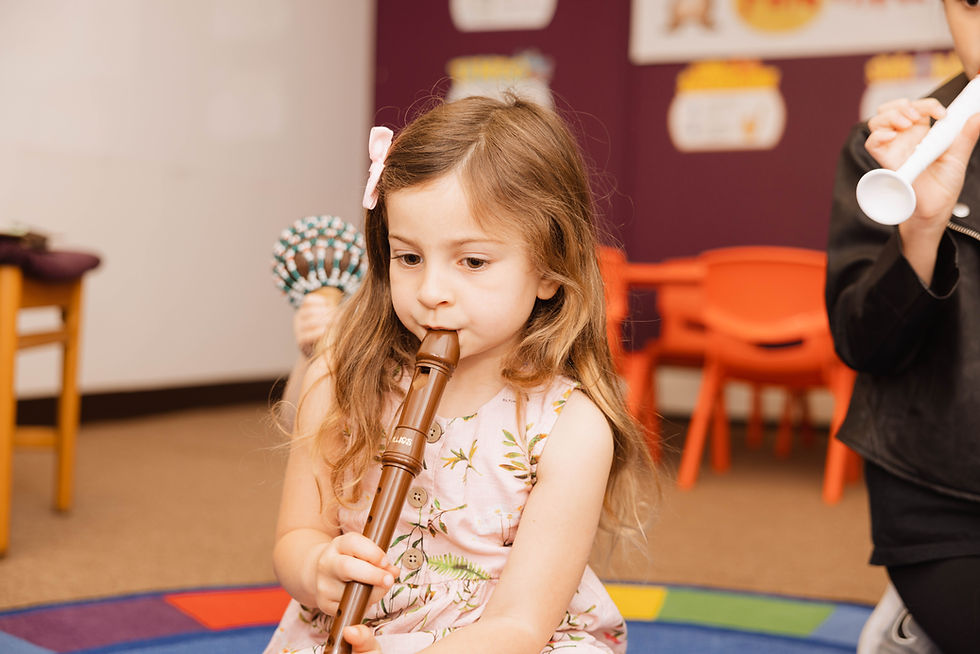Conquering Performance Anxiety
- Nick Doak

- Jun 26, 2023
- 2 min read
Updated: Sep 3, 2025
Performance anxiety is a common challenge faced by many musicians. The fear of making mistakes or being judged can hinder their ability to deliver their best on stage. However, with practical strategies and a positive mindset, overcoming performance anxiety and unleashing one's true musical potential is possible.
Acknowledge and Embrace the Anxiety: The first step in overcoming performance anxiety is to acknowledge its presence and accept it as a natural response. Anxiety indicates that you care deeply about your craft and want to succeed. Instead of viewing it as a hindrance, try reframing it as an energy source that can fuel your performance. Embrace the excitement and use it to channel your focus and passion into your music.
Preparation and Practice: Thorough preparation and consistent practice are crucial in building confidence as a musician. The more familiar you are with your instrument and the pieces you will be performing, the better equipped you'll be to handle any unexpected challenges that may arise. Set aside dedicated practice time, break down challenging passages, and gradually increase the tempo to build muscle memory. This level of preparedness will provide a solid foundation and boost your confidence on stage.
Visualization and Mental Rehearsal: Visualization is a powerful tool to combat performance anxiety. Spend time visualizing yourself performing flawlessly and receiving a positive response from the audience. Imagine the sensations of being on stage, the sound of your instrument, and the emotions associated with delivering a captivating performance. By repeatedly engaging in mental rehearsals, you train your mind to respond positively to the performance situation, reducing anxiety and increasing confidence.
Controlled Breathing and Relaxation Techniques: Controlled breathing and relaxation techniques can help regulate your body's response to anxiety. Before a performance, practice deep breathing exercises to calm your nerves and center your focus. Progressive muscle relaxation, meditation, or yoga can also help manage stress and promote a sense of calm. By incorporating these techniques into your routine, you can cultivate a state of relaxation and mental clarity, enabling you to perform at your best.
Shift the Focus and Enjoy the Process: Instead of focusing solely on the result or seeking validation from the audience, shift your focus to the joy of creating and sharing music with others. Embrace the journey of self-expression and the opportunity to connect with your audience emotionally. Remember that every performance is a chance to grow and learn, irrespective of the outcome. By shifting your mindset to the present moment and savoring the experience, you can let go of unnecessary pressure and allow your true musicality to shine through.
Overcoming performance anxiety as a musician requires a combination of mental, physical, and emotional strategies. By accepting anxiety, preparing diligently, visualizing success, practicing relaxation techniques, and shifting your focus to the joy of performance, you can gradually diminish anxiety's grip and unlock your full musical potential. Embrace the challenge and embark on a journey of growth, confidence, and captivating performances.




Comments